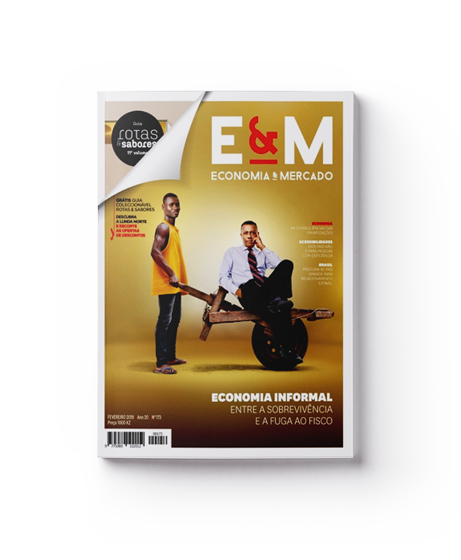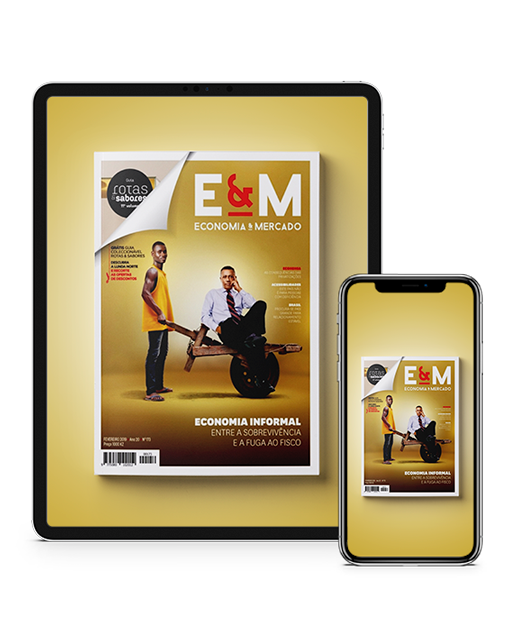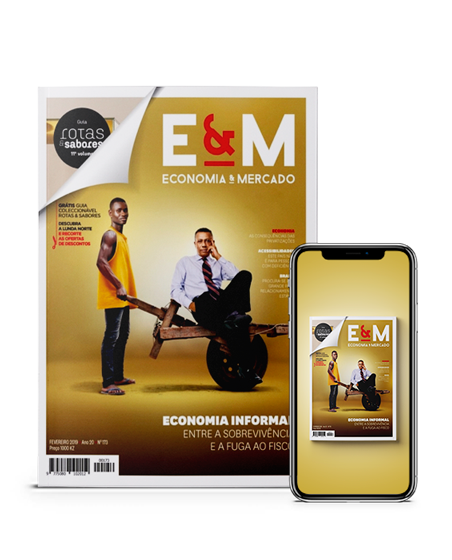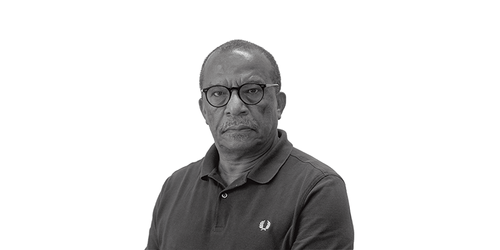Acho muito natural, pelo forte impacto mediático do fenómeno desportivo. Porém, julgo que serão já em menor número os cidadãos que estão a perceber o porquê dessa interligação do fenómeno desportivo com a política.
Para mim, a Arábia Saudita está a procurar reposicionar-se – e de forma inteligente - na arena internacional, convocando para si a atenção mundial. Está claramente em busca de uma nova forma de afirmação, querendo remeter para os anais da história a velha, desgastada e nada honrosa imagem de ser um país conservador e culturalmente fora dos cânones modernos. Vai, para isso, mesmo que lentamente, introduzindo ainda pequenas alterações no relacionamento social; por exemplo, entre homens e mulheres. Quer desligar-se do seu velho limbo retrógrado.
A Arábia Saudita é a maior potência económica do Médio Oriente; o mais rico de entre os países árabes; e detém a segunda maior reserva mundial de petróleo, superado apenas pela Venezuela. É ainda o maior produtor e exportador mundial de petróleo, o que a torna num dos mais influentes membros da OPEP. É, igualmente, um grande produtor de gás natural.
Com essa relevância, a Arábia Saudita procura agora alcançar o importante patamar de player no xadrez da política mundial. Por isso, decidiu convocar para uma das suas cidades mais deslumbrantes uma reunião de alto nível participada por representantes de quase 40 países, para se discutiram as diversas propostas para pôr fim à guerra na Ucrânia. Deixou, porém, de fora a Rússia, um dos protagonistas, num conclave, onde se viram representadas as principais potências ocidentais, bem como dignitários da China, Índia, Brasil e África do Sul.
A reunião convocada para a cidade saudita de Jeddah deu especial destaque à Proposta de Paz apresentada pelo presidente ucraniano, Volodymyr Zelensky, embora se tenha também debruçado sobre outras Propostas de Paz como, por exemplo, a chinesa e a dos países africanos.
Associando tudo isso ao recente acordo firmado com o Irão - que visou desanuviar a crónica tensão entre os dois países - podemos facilmente descortinar uma nova orientação estratégica da Arábia Saudita, que a fará ganhar crescente peso na política internacional. Poderá, assim, ficar aliviada da desagradável imagem de um país fechado, extremamente conservador, e apenas relevante graças aos fabulosos petrodólares que exibe no mercado internacional.
Leia o artigo completo na edição de Setembro, já disponível no aplicativo E&M para Android e em login (appeconomiaemercado.com).
The awakening of Saudi Arabia
Curious eyes from around the world are turning towards Saudi Arabia today, especially due to the sensational acquisitions of prominent football players. I find this very natural, given the strong media impact of the sporting phenomenon. However, I believe that there are fewer citizens who are understanding the connection between the sporting phenomenon and politics.
For me, Saudi Arabia is seeking to reposition itself, in an intelligent way, in the international arena by drawing global attention. It is clearly looking for a new form of affirmation, wanting to relegate to the annals of history the old, worn-out, and dishonorable image of being a conservative country culturally outside modern standards. To do so, it is slowly introducing small changes in social relationships, for example, between men and women. It wants to detach from its old retrograde limbo.
Saudi Arabia is the largest economic power in the Middle East, the richest among Arab countries, and holds the world's second-largest oil reserve, surpassed only by Venezuela. It is also the world's largest producer and exporter of oil, making it one of the most influential members of OPEC. It is also a major producer of natural gas.
With this relevance, Saudi Arabia is now seeking to reach the important level of a player in the global political arena. Therefore, it decided to convene a high-level meeting in one of its most stunning cities, attended by representatives from almost 40 countries, to discuss various proposals to end the war in Ukraine. However, it left out Russia, one of the protagonists, in a conclave where representatives of the main Western powers, as well as dignitaries from China, India, Brazil, and South Africa, were present.
The meeting convened in the Saudi city of Jeddah gave special emphasis to the Peace Proposal presented by Ukrainian President Volodymyr Zelensky, although it also addressed other Peace Proposals, such as the Chinese and African countries' proposals.
By associating all of this with the recent agreement signed with Iran - which aimed to ease the chronic tension between the two countries - we can easily discern a new strategic orientation of Saudi Arabia, which will increase its weight in international politics. It could thus be relieved of the unpleasant image of a closed, extremely conservative country, relevant only thanks to the fabulous petrodollars it displays in the international market.
Read the full article in the September issue, now available on the E&M app for Android and at login (appeconomiaemercado.com).
.png)










.JPG)

